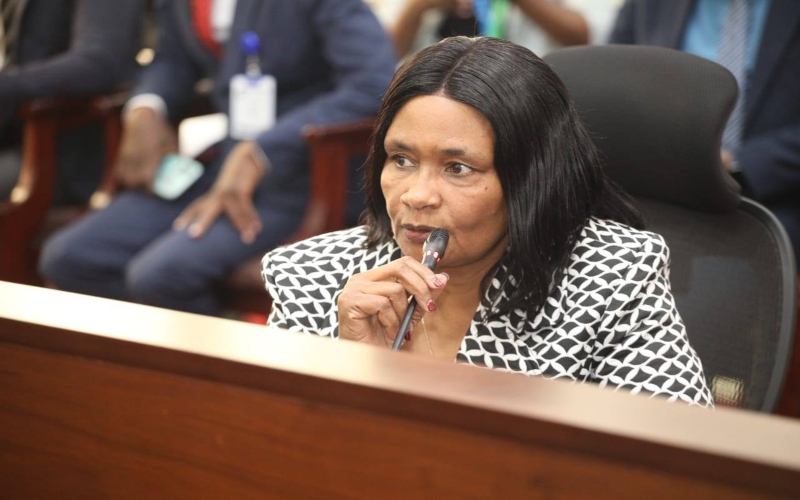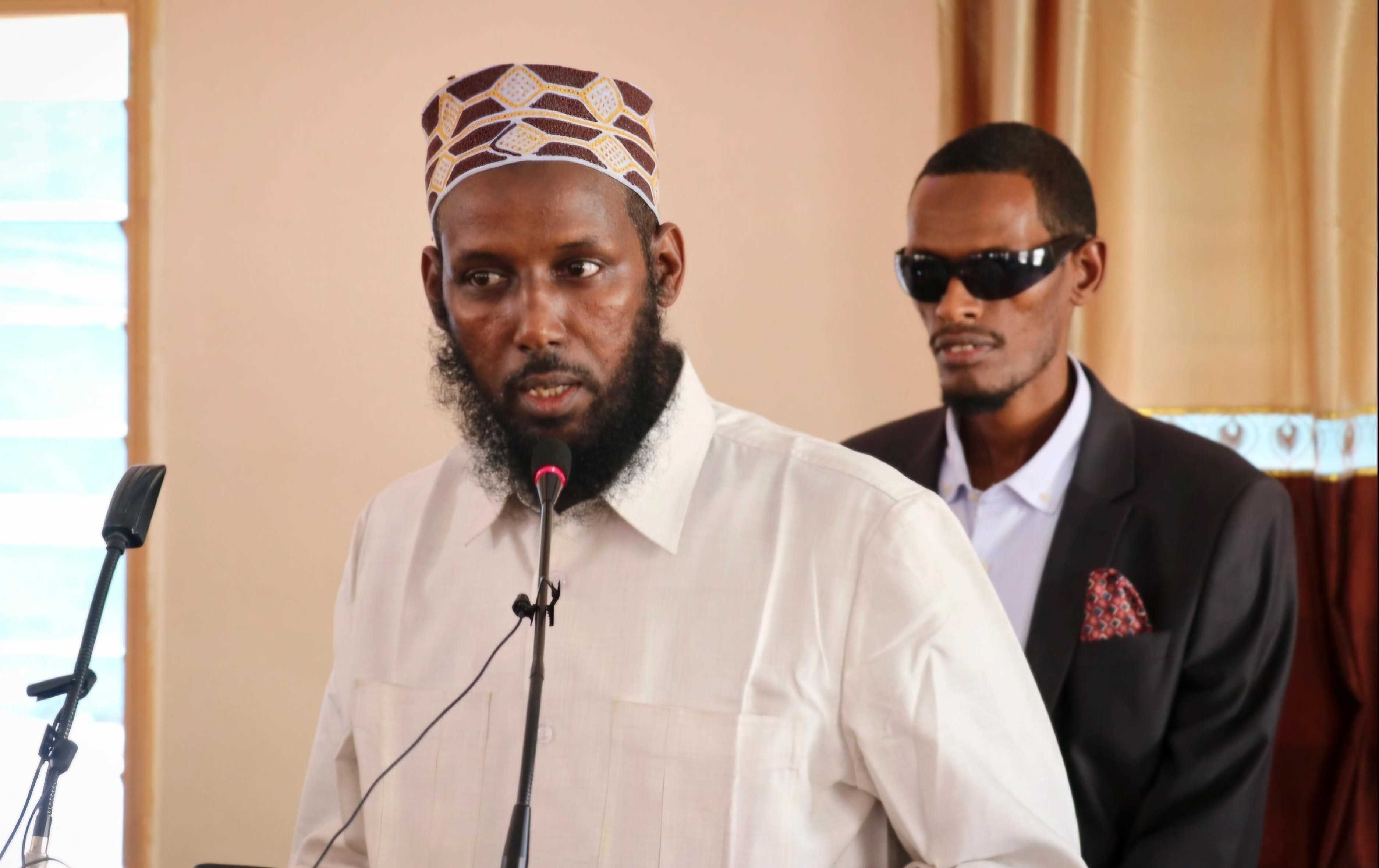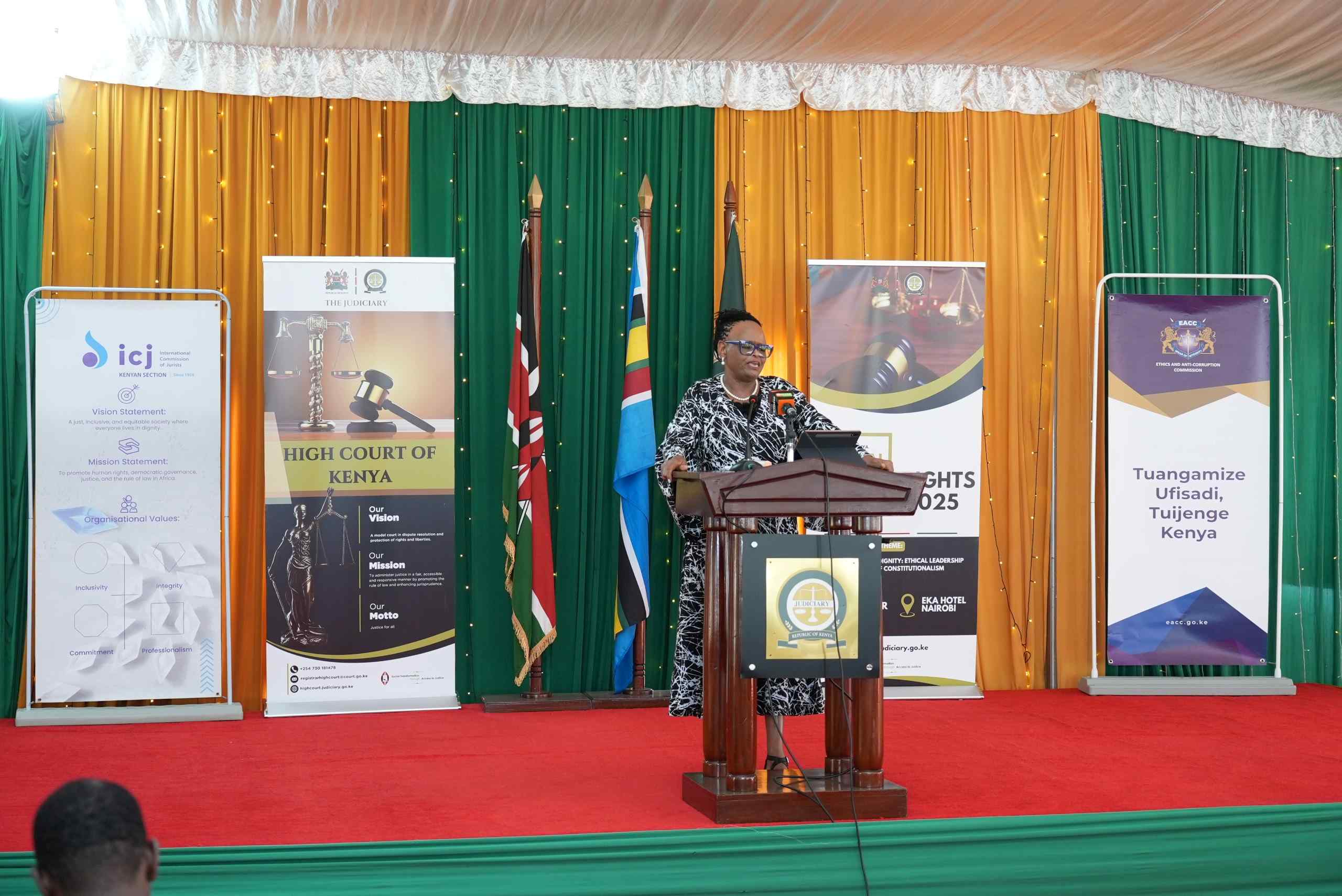Learning to live with Parkinson’s disease: A retiree’s new normal
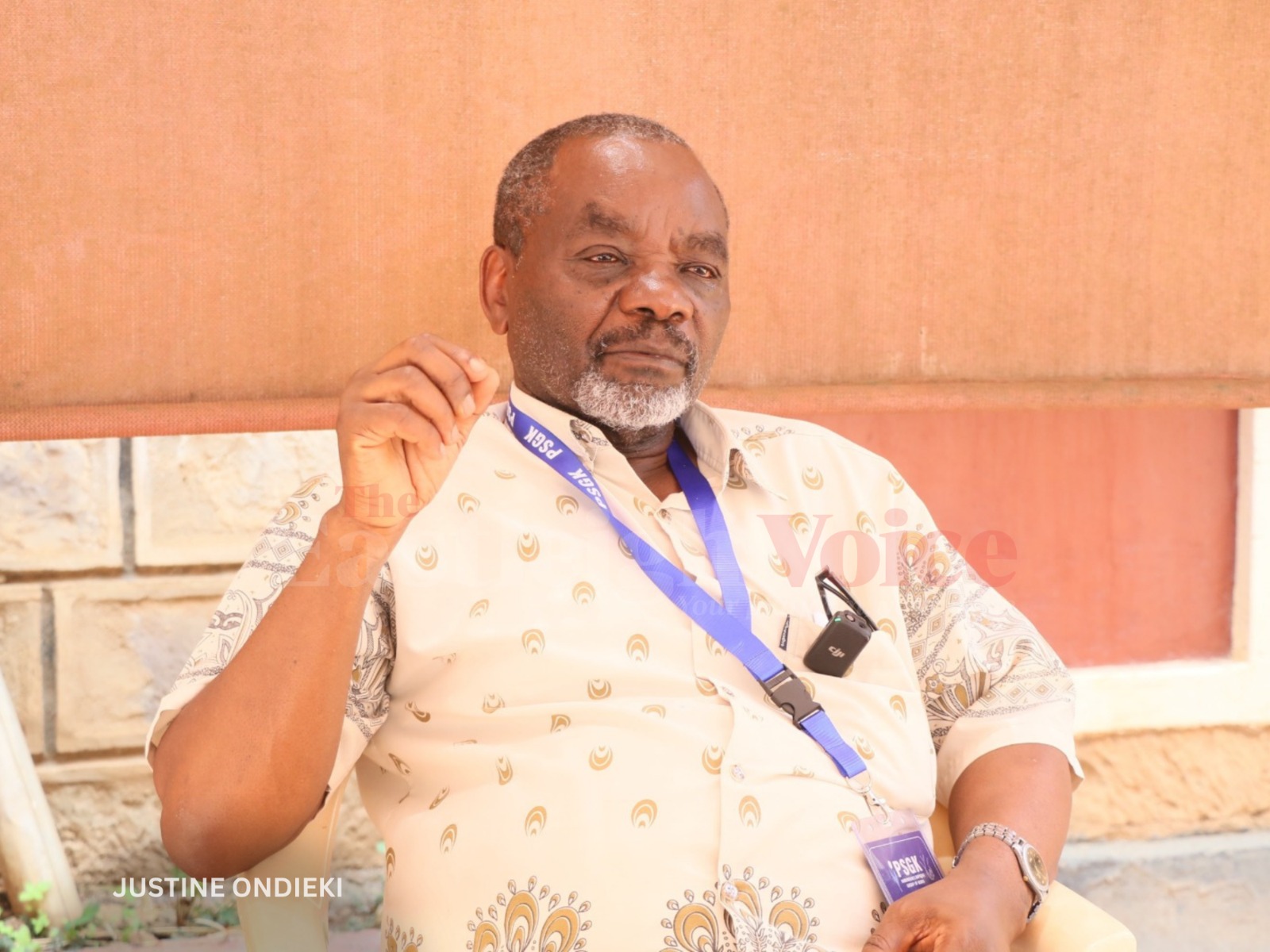
There is no single test to diagnose it, but experienced neurologists who are specialists in brain and nerve conditions can often identify it based on symptoms.
When Isaiah Murungi Marete was first told he might have Parkinson’s disease, he didn’t know what it was.
The father of five had just retired and was excited to spend quiet days at home. Instead, he began a new chapter, one defined by an unfamiliar illness that would change his daily life.
More To Read
- The hidden connection between snoring, interrupted sleep and rising global Parkinson’s epidemic
- Study flags stark inequities in global epilepsy care, medication
- Study suggests adolescence may last until age 32
- How tiny plastic particles disrupt the gut-brain axis and aggravate Parkinson’s disease
- Creativity is good for the brain and might even slow down its ageing - study
- Neurological disorders on the rise in low-and middle-income countries, warns WHO
“For over 10 years, I was being treated for high blood pressure,” he recalls. “But I kept telling the doctors how I was feeling, and eventually they said it might be Parkinson’s. That was in 2017. Since then, I’ve just been managing it.”
According to the World Health Organisation (WHO), Parkinson's disease is a brain condition that causes movement problems, as well as problems with mental health, sleep, and other health issues, often starting with tremors or stiffness. There is no single test to diagnose it, but experienced neurologists who are specialists in brain and nerve conditions can often identify it based on symptoms.
It is a progressive condition, meaning it gets worse over time, and there is no cure.
“I didn’t go through tests,” Murungi explains. “But when the neurologist saw me and I explained what I was feeling, he said I had Parkinson’s.”
Now in his seventies, Murungi speaks calmly about the changes he has experienced.
“I feel weak, and walking is challenging because I lean to one side. I get headaches too, and sometimes dizziness, which is a side effect of the medication. However, the medication has helped significantly. Even the dizziness is not as severe now."
In addition to Parkinson’s medication, Murungi also takes medicine for cholesterol. His monthly treatment costs about Sh20,000, an amount that’s tough to manage on a pension. “My children help a lot,” he says. “They buy medicine in bulk for two to three months. But I know it’s draining for them.”
He also attends therapy sessions that cost Sh1,000 each. “It helps me stay active. I may be slower now, but I can do most things for myself, even brushing my teeth.”
Caroline Murungi, his wife, takes care of him at their retirement home in Nairobi. “When he started getting unwell, he would get irritated by small things. His blood pressure was always high, and eventually, I also developed blood pressure because of the stress,” she says.
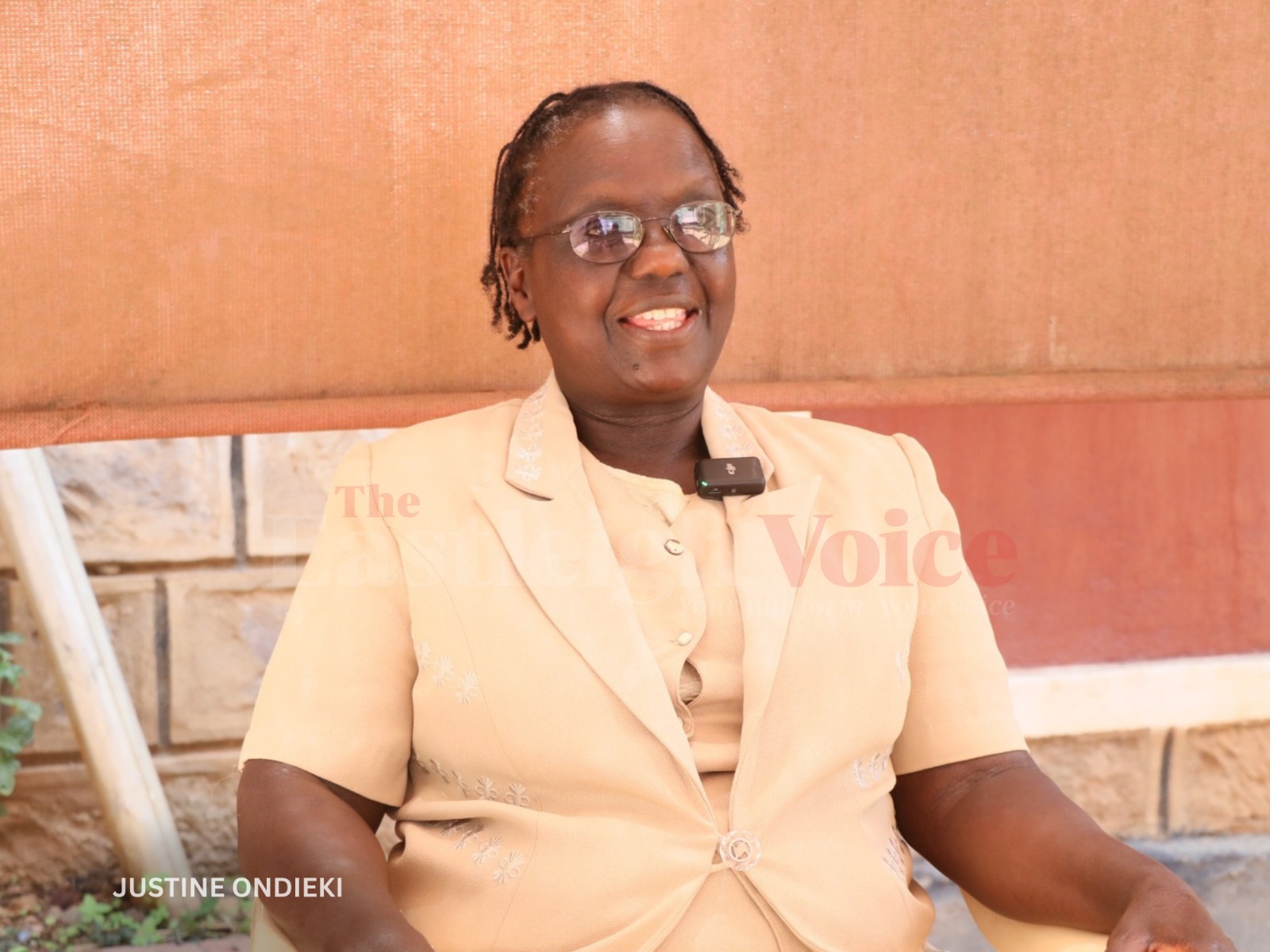 Caroline Murungi, his wife, takes care of him at their retirement home in Nairobi. (Photo: Justine Ondieki)
Caroline Murungi, his wife, takes care of him at their retirement home in Nairobi. (Photo: Justine Ondieki)
Still, she stood by him. “In any relationship, you’ll face challenges. You just ask God to guide you.”
It was his wife who first noticed the signs: Her husband’s right hand had become slow, and he struggled to grip things. “We saw the doctor, and he referred us to a neurologist. When the neurologist saw him, he diagnosed Parkinson’s immediately.”
Over the years, his wife, who has turned out to be the carer, has learnt how to support her husband better. “I now know how to avoid upsetting him. He’s doing well, especially when I compare him to others in his support group. Since he started medication, even the trembling has reduced.”
But Parkinson’s hasn’t only affected Murungi’s body; it’s touched his memory too. “I forget a lot,” he admits. “You can tell me your name, and I’ll forget, but I’ll remember it after a while.”
In the early days, he had to educate himself from scratch. “When I was first diagnosed, I had to check the word in the dictionary. I didn’t even know what Parkinson’s was. I picked up all the brochures at the hospital I’ve been learning and unlearning for seven years now.”
Despite this, Murungi has never spoken to his friends about the disease. “Only my family knows,” he says. And fortunately, they’ve been a pillar of support.
Mrs Murungi offers advice to other carers: “Be patient. Understand that your loved one didn’t choose to get sick. Illness can come to anyone.”
Seven years on, the Murungis have found a rhythm, one built on patience, education, and family love. “It’s not easy”, Isaiah says, “but I’m still here, managing each day as it comes.
Top Stories Today









